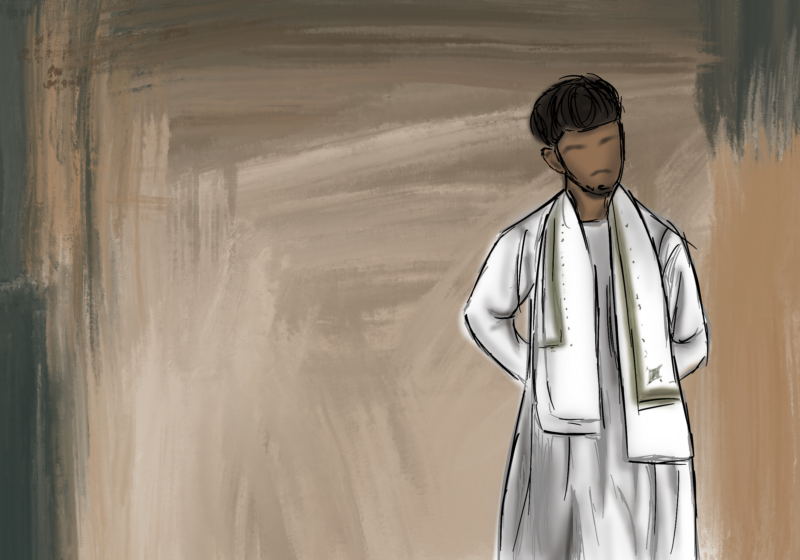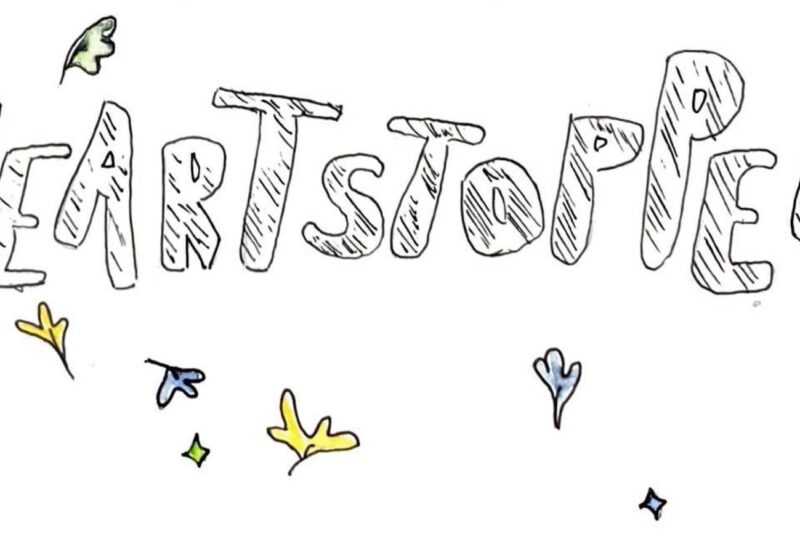“God, not another one,” I thought. “What a shame.”
That’s how I reacted when I learned about the allegations (since confirmed) against Louis C.K.
“Not another one.”
About half an hour later, I saw a headline on my phone to the effect of, “McConnell, GOP leaders call on Alabama Senate candidate Roy Moore to step aside if sexual abuse allegations are true.” My immediate reaction to this was, “Good for McConnell for taking the moral high ground over partisanship.”
I quickly googled Alabama special elections, and realized, “Oh my God, the election is Dec. 12. What are the chances of a Democratic senator from Alabama winning?”
The recent avalanche of allegations, revealing decades’ worth of sexual abuse by high-profile men, has hit nearly every corner of Hollywood and the media with information about dozens of men who allegedly abused or harassed hundreds of women.
Many of these revelations have led to real, if belated, repercussions. Though the sheer quantity of accusations is horrifying, it is heartening — to an extent — that the national mood seems to be one of finally listening to victims and holding men accountable rather than covering up for them or victim-blaming.
And yet, within my own head and my conversations with others, I sensed some sort of dissonance that I couldn’t name. Something seemed off to me. I’ve spent a lot of time thinking about it, and I will continue to do so, but one of the things I’ve concluded so far is that I need to become a feminist.
This is something I’ve gone back and forth on over the years. Not that I’ve gone back and forth about whether men and women should be equal, but whether I should identify myself explicitly as a feminist. Is being in favor of women’s equality and rooting for those fighting for it enough? Is being aware of unconscious bias and trying to fight it enough to remove me from the patriarchy? If so, is removing myself from the problem the same as being part of the solution?
The short answer to all of these is, no.
My reactions to these recent sexual abuse allegations led me to this conclusion.
In both of the cases I mentioned, multiple women bravely spoke out in defiance of the patriarchy that still clearly has a heavy influence on our society. I admire them, and I think we should do more to support victims. I believe sexual abusers should face consequences for their actions.
And yet, my reactions to both of these cases was still entirely male-centric.
I felt bad for myself that I would have to excise Louis C.K. from my life. I regretted that his comedy would be forever tainted by these revelations. I cynically relished in the possibility of stealing a Senate seat from red state. Where was the sympathy for the women involved? I should be outraged at these men and yet all I can muster when I think of Louis C.K. is a mild sense of regret? Am I a child who lost a favored toy or a person who believes in human rights?
The narratives of these allegations in my personal conversations and the news media lead me to believe that these feelings are not unique to me. In my conversations about the topic (almost exclusively with other men), we discussed the various accused men, whose actions were “worse” than others’, and the various consequences they were likely to face. No one ever said, “Can you imagine that happening to you when you were 14?”
The media narrative is also almost entirely about men. The sexual abuse allegations are almost peripheral to the headline I read. It could easily have read, “McConnell, Republican leaders call on Alabama Senate candidate Roy Moore to step aside” and have had the same effect on me.
While stigmatizing sexual abuse and abusers may help to deter future abuse, these stories are still framed in the media and popular discourse as the powerful man’s fall from grace. They weave a cultural narrative of, “Don’t sexually abuse people, because you might lose your job a decade later,” when it should be, “Don’t sexually abuse people, because they are people and they feel pain.”
How do we change this? How do we make men truly empathize and feel the pain these women go through? In the end, isn’t that the best way to prevent men from committing these abuses?
I don’t have an easy answer. But I’m sure now that simply knowing that women should be equal is only the first step on the way to truly feeling living as equals.
As a straight white man, passivity is acquiescence to the status quo. We can’t abstain. It takes real emotional work to get to the point where we feel the true empathy that can lead to change. This empathy is not built by cheering on the feminists from the sideline. Each and every person has to do the work themselves. Each of us has to be a feminist.




